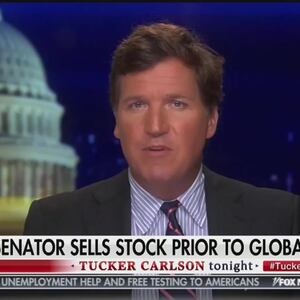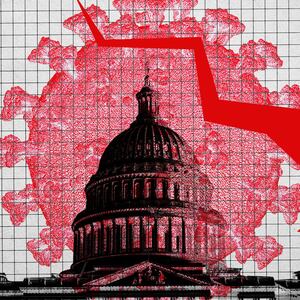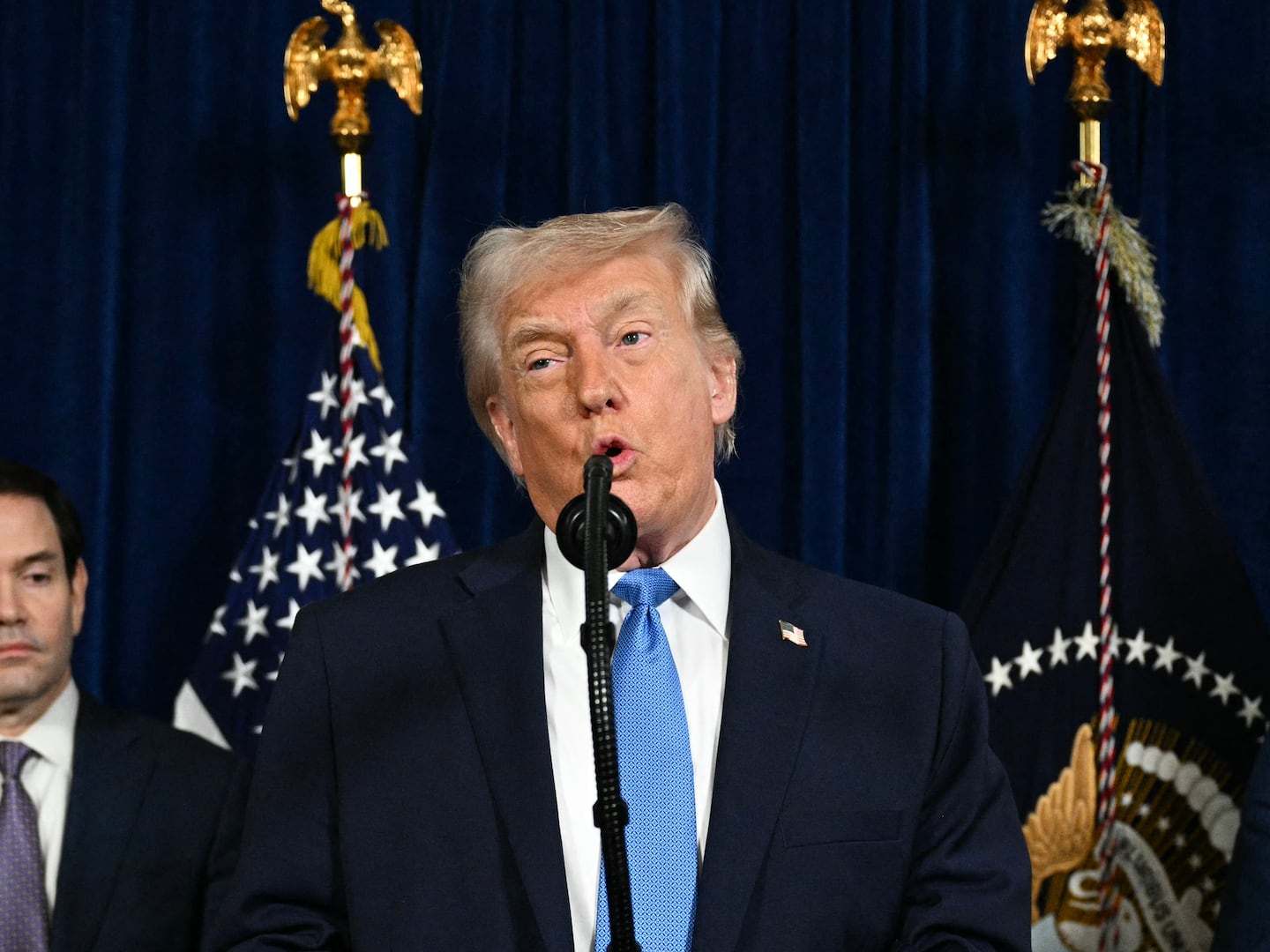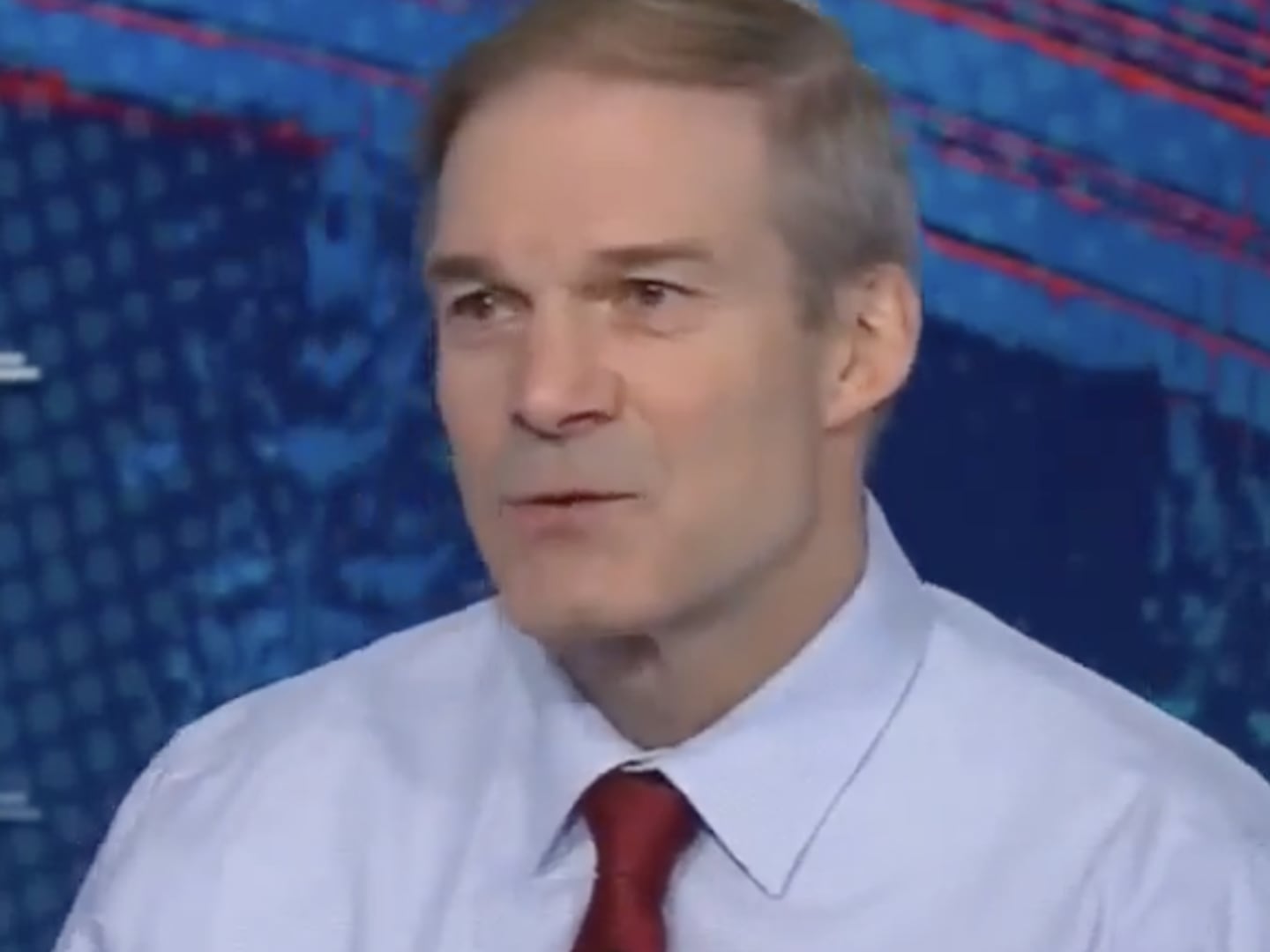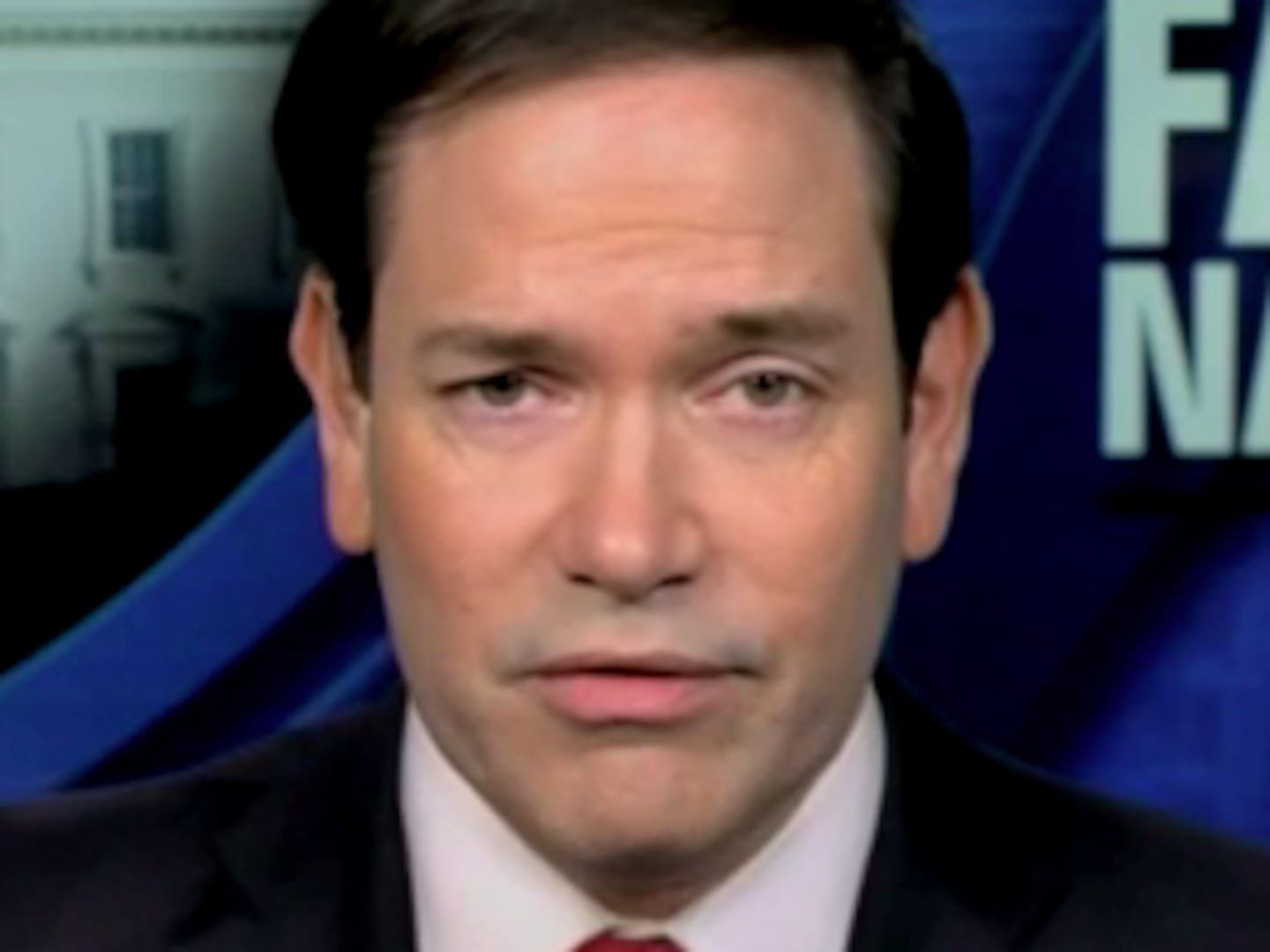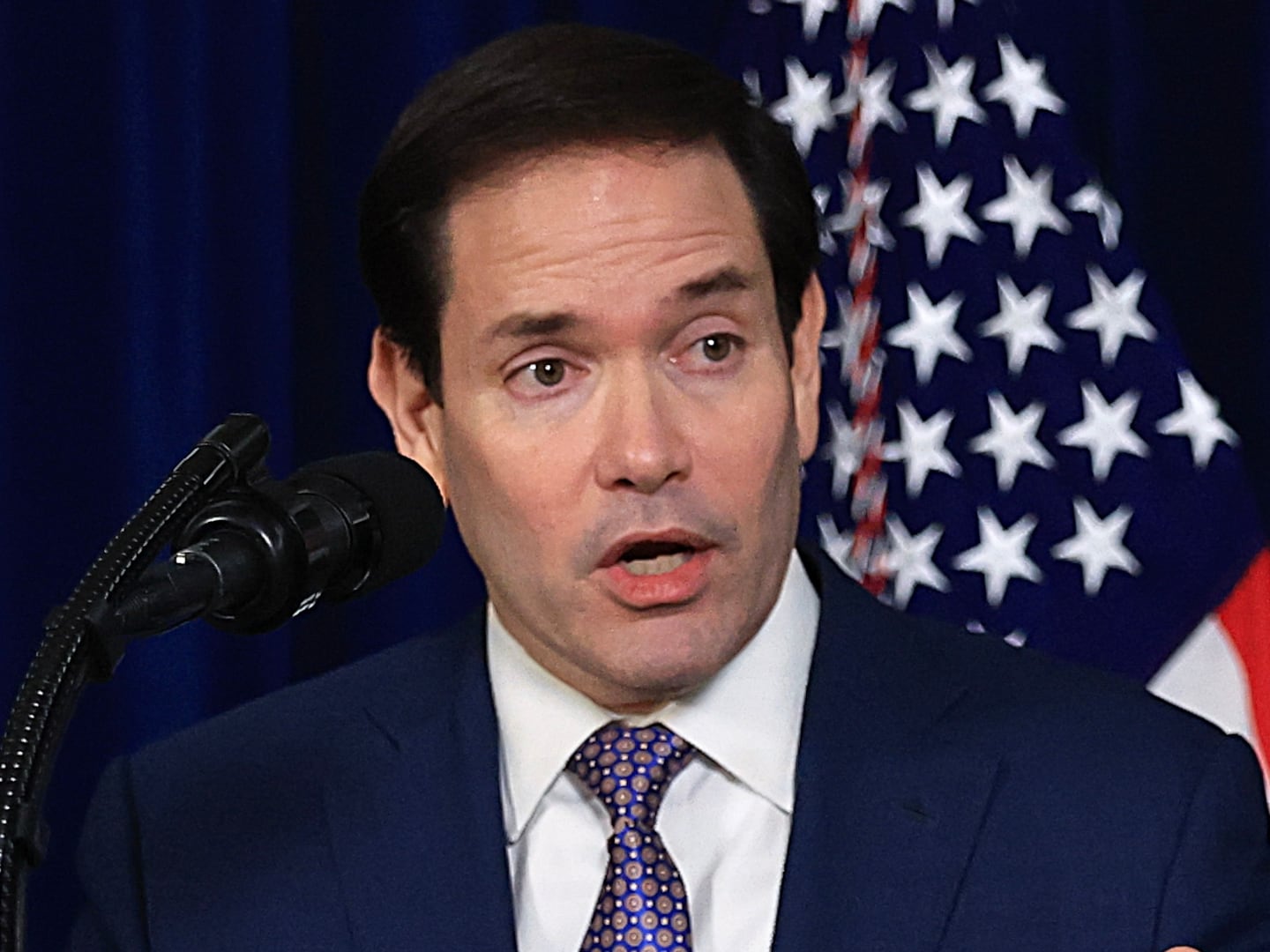Sen. Richard Burr, who was privy to secret briefings about the coronavirus when he cashed out a large portion of his net worth in stock, may also have engaged in securities fraud.
As ProPublica reported, Burr’s statutorily mandated trading reports disclose that he dumped between $628,000 and $1.7 million of stock on February 13, in 33 separate transactions. The stocks Burr cashed out of, two weeks before the markets began to plunge, quite possibly made up the bulk of his net worth, which Roll Call estimated totaled $1.7 million in 2018. In January, Burr publicly declared that the nation was “better prepared than ever before to face emerging public health threats, like the coronavirus.” But Burr had been receiving regular, secret briefings about the imminent coronavirus threat, and secretly warned political insiders the nation faced an imminent catastrophe on par with the worst influenza pandemic in modern history.
It’s as yet unclear whether Burr’s stock dump constituted securities fraud, but it is plain that he reprehensibly violated the public trust, and therefore should not remain in office.
One relevant law here is the STOCK Act that Congress passed in 2012; it expressly applied the insider trading prohibitions to federal lawmakers and mandated that they publicly report securities trades within 30 to 45 days, as Burr just did. Notably, Burr was one of only three senators (and the only one who remains in the Senate) sufficiently shameless to vote against the bill, which he decried as unnecessary, “ludicrous” and “political theater.”
As chair of the Senate Intelligence Committee and a member of the Congress’ “Gang of Eight” that receives the most sensitive national security information from the executive branch, Burr was likely one of the most knowledgeable people in the entire federal government regarding the emerging pandemic threat. Furthermore, Burr was an author of the Pandemic and All-Hazards Preparedness Act, and purports to make it his business to focus on just the sort of threats the nation is now facing.
Earlier this year, Burr enthusiastically joined Trump in publicly discounting the Coronavirus threat. He co-authored a January article trumpeting the “Steps the U.S. Government is Taking to Protect You,” in which he assured the nation that “we are ready to face the coronavirus today.”
While Burr was publicly touting the nation’s purported preparedness, however, Burr was singing a different tune privately. On February 27, during secretly recorded closed-door remarks before a group of donors and other notables from North Carolina, Burr offered a chilling prediction that the nation was about to face a disaster akin to the so-called Spanish flu pandemic of 1918 that killed as many as 50 million people across the globe. Burr, strikingly correctly, predicted that businesses could be interrupted and that schools might need to be closed, and even anticipated that the military might have to be called upon to address the imminent, and unprecedented, emergency he secretly anticipated. By that time Burr, of course, had already prepared himself financially, by liquidating much of his personal wealth.
In a carefully worded Friday statement, Burr said: “I relied solely on public news reports to guide my decision regarding the sale of stocks on February 13.” Burr was notably silent, however, on another critical issue, which is whether he possessed significant non-public information regarding the coronavirus threat at the time he decided to dump his stock holdings.
The federal securities laws generally prohibit “buying or selling a security, in breach of a fiduciary duty or other relationship of trust and confidence, on the basis of material, nonpublic information about the security.” The STOCK Act that Burr deemed “ludicrous” expressly declares that legislators owe a duty of trust and confidence to the nation, and therefore are not permitted to employ confidential information they receive in the course of their work as public servants to realize personal profit. The legally significant question, then, is whether Burr received nonpublic material information related to the Coronavirus emergency before his stock dump.
The term “material” means information that would be significant to a reasonable investor’s trading decision. Instead of addressing whether or not he received such information, Burr asserts that he did not rely upon it. Unsurprisingly, however, when a defendant comes into possession of nonpublic material information and then decides to trade, juries are generally not convinced by arguments that the defendant blinded himself to his own knowledge when making a trading decision.
Burr was not the only senator to engage in substantial securities trades after receiving coronavirus briefings, but most of the other transactions don’t appear to be suspicious. For example, California’s Diane Feinstein’s securities holdings are in a blind trust she reportedly did not attend a key briefing; and Oklahoma’s James Inhofe reportedly had a preexisting stock sales plan.
Burr was hardly the only Republican who’d publicly joined in President Trump’s recklessly mendacious campaign to lull the public on the dangers that were bearing down on the nation.
For example, on March 10, Georgia Senator, Kelly Loeffler released a video after attending a briefing with Trump and other officials, declaring that she was confident that the nation will “have all the medical testing we need” and commending the President’s “strong response.” Citizens would be fine, she said, so long as we joined Loeffler in regularly “washing our hands.”
But the preternaturally optimistic Senator Loeffler engaged in stock sales that raise some questions. Unlike Burr, Loeffler is likely among the richest members of Congress. Her spouse is the CEO of a company that owns numerous stock and commodities exchanges, including the New York Stock Exchange, and until recently, she was the CEO of a related company. Beginning on January 24, the same day Loeffler attended a closed-door coronavirus briefing with Trump administration officials, and ending in mid-February, the Georgia senator and her husband engaged in 29 transactions in which they sold a total of between $1.2 million and $3.1 million of stock. Loeffler contends that the trading decisions were made solely by investment managers; but it remains to be determined whether she or her husband shared any relevant information with those managers. Accordingly, an investigation is plainly called for.
As for Burr, the Securities and Exchange Commission, and potentially the Department of Justice, must undertake searching investigations into his deeply suspicious trading activity. The seriousness of the conduct at issue requires no less.
But regardless of whether or not there turns out to be evidence establishing that Burr engaged in illegal securities fraud, it is plain that he should no longer be a United States senator. It was outrageously improper for a senator to publicly assert that the “framework Congress has put in place… ensure[s] we are prepared,” even as he was secretly sounding the alarm and cashing out a large part of his securities portfolio.
At a time that the nation’s confidence in the President and his team is, understandably, waning fast, we cannot afford to have self-interested public servants like Richard Burr holding senior positions in a Congress the nation is relying upon to supervise the conduct of the Executive Branch.


